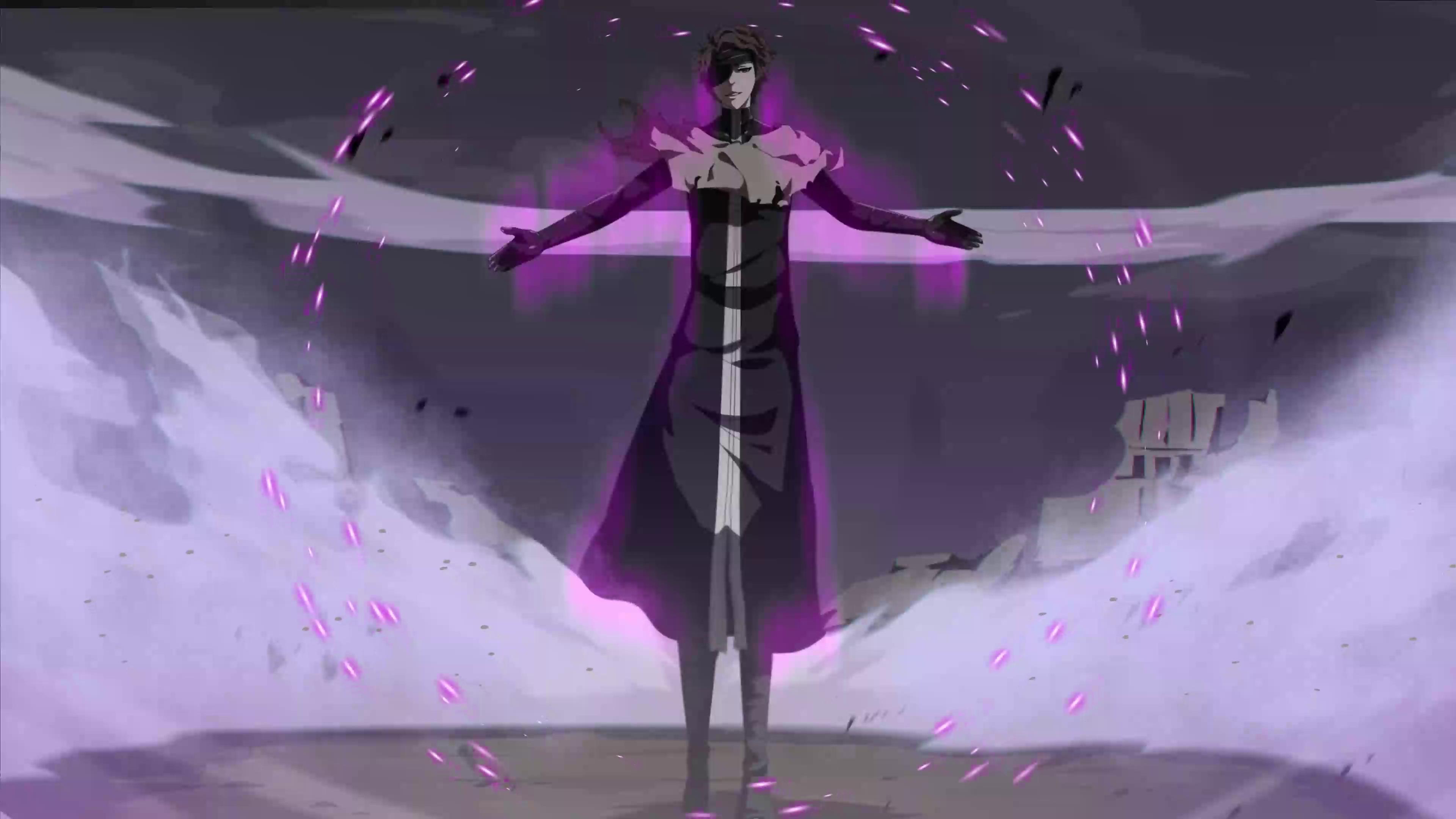Does Bleach Expire? Everything You Need To Know About Its Shelf Life
Have you ever wondered if bleach can expire? Many people assume that bleach lasts forever, but the truth is a bit more complicated. While bleach is a powerful cleaning agent, its effectiveness diminishes over time. Understanding how long bleach remains potent and how to store it properly can help you maximize its lifespan. Whether you're using bleach for household cleaning, laundry, or disinfecting surfaces, knowing its shelf life is essential for safety and effectiveness.
Over time, bleach undergoes chemical reactions that reduce its strength. Factors like exposure to air, light, and temperature fluctuations can accelerate this process. This means that even if bleach hasn't reached its expiration date, improper storage can render it less effective. That’s why it's important to know the signs of expired bleach and how to test its potency before using it.
In this article, we’ll explore everything you need to know about bleach’s shelf life, how to store it properly, and what to do if you suspect your bleach has expired. By the end, you'll have all the information you need to ensure you're using bleach safely and effectively in your home.
Read also:Daniel Eadcliffe Age A Closer Look At The Rising Star
Table of Contents
- Does Bleach Expire?
- How Long Does Bleach Last?
- Can Bleach Expire Sooner Than Expected?
- How to Test If Your Bleach Is Still Effective?
- Signs Your Bleach Has Expired
- How to Store Bleach Properly?
- What Happens If You Use Expired Bleach?
- Can Expired Bleach Still Be Used for Cleaning?
- Safety Tips for Handling Bleach
- Frequently Asked Questions About Bleach Expiration
Does Bleach Expire?
Yes, bleach can expire, but the term "expire" might be misleading. Bleach doesn’t suddenly become useless after a certain date. Instead, its active ingredient, sodium hypochlorite, breaks down over time, reducing its disinfecting power. This process happens naturally, even when the bottle is sealed. The rate of degradation depends on factors like temperature, exposure to light, and how the bleach is stored.
Most household bleach products come with a manufacturer’s expiration date printed on the label. Typically, unopened bleach can last up to six months to a year from the production date. Once opened, the shelf life decreases significantly. This is why it’s crucial to use bleach within a reasonable time frame to ensure its effectiveness.
How Long Does Bleach Last?
The shelf life of bleach varies depending on its formulation and storage conditions. Unopened bleach stored in a cool, dark place can last up to a year. However, once opened, the clock starts ticking. After six months, the concentration of sodium hypochlorite in bleach can drop by as much as 20%. After a year, the bleach may lose up to half of its potency.
- Unopened bleach: Up to 1 year
- Opened bleach: 3 to 6 months
- Improperly stored bleach: Potency may decrease within weeks
Can Bleach Expire Sooner Than Expected?
Yes, bleach can expire sooner than expected if it’s not stored correctly. Exposure to heat, sunlight, or air can accelerate the breakdown of sodium hypochlorite. For example, leaving a bottle of bleach on a windowsill or in a garage with fluctuating temperatures can drastically reduce its shelf life. Even small openings in the cap can allow air to enter, speeding up the degradation process.
To avoid premature expiration, always store bleach in its original container with the cap tightly sealed. Keep it in a cool, dry place away from direct sunlight and heat sources. Proper storage can help you get the most out of your bleach before it loses its effectiveness.
How to Test If Your Bleach Is Still Effective?
If you’re unsure whether your bleach is still potent, there’s a simple test you can perform at home. All you need is a few drops of bleach and some cornstarch or a starch-based solution. Mix a small amount of cornstarch with water to create a paste, then add a drop of bleach. If the mixture turns blue or black, the bleach is still effective. If there’s no color change, it’s likely expired.
Read also:Exploring The Life And Achievements Of Aneesha Joshi
Signs Your Bleach Has Expired
Expired bleach often shows visible signs of degradation. Here are some common indicators:
- Change in color: Fresh bleach is typically a pale yellow or clear. If it turns cloudy or darkens, it’s likely expired.
- Loss of smell: Bleach has a strong, distinctive odor. If the smell is weak or nonexistent, the bleach may have lost its potency.
- Reduced effectiveness: If you notice that bleach isn’t disinfecting or cleaning as well as it used to, it may be past its prime.
What Happens If You Use Expired Bleach?
Using expired bleach can be ineffective and even dangerous in some cases. While it may still have some cleaning properties, its ability to disinfect is significantly reduced. This means that using expired bleach to sanitize surfaces could leave harmful bacteria or viruses behind. Additionally, expired bleach may contain byproducts of degradation that could irritate the skin or respiratory system.
Can Expired Bleach Still Be Used for Cleaning?
While expired bleach isn’t ideal for disinfecting, it may still have some utility for general cleaning. For example, you can use it to remove stains or clean outdoor surfaces where disinfection isn’t critical. However, always test the bleach’s potency before using it for any purpose. If it’s severely degraded, it’s best to dispose of it safely and purchase a fresh bottle.
How to Store Bleach Properly?
Proper storage is key to extending the shelf life of bleach. Follow these tips to keep your bleach effective for as long as possible:
- Store in a cool, dark place: Heat and sunlight accelerate the breakdown of sodium hypochlorite.
- Keep the cap tightly sealed: Air exposure can reduce bleach’s potency.
- Use the original container: Bleach bottles are designed to minimize degradation.
- Label the bottle with the purchase date: This helps you track its age and effectiveness.
Safety Tips for Handling Bleach
Bleach is a powerful chemical, and proper handling is essential to avoid accidents. Here are some safety tips:
- Wear gloves: Bleach can irritate the skin, so protect your hands when using it.
- Ensure good ventilation: Always use bleach in a well-ventilated area to avoid inhaling fumes.
- Never mix bleach with other chemicals: Mixing bleach with ammonia or acids can produce toxic gases.
Frequently Asked Questions About Bleach Expiration
Here are answers to some common questions about bleach expiration:
Can bleach expire if unopened?
Yes, even unopened bleach can expire, though it typically lasts longer than opened bottles. The expiration date on the label is a good guideline, but proper storage is key to maintaining its potency.
Can bleach expire faster in hot climates?
Absolutely. High temperatures can accelerate the breakdown of sodium hypochlorite, causing bleach to expire faster. Always store bleach in a cool, dry place, regardless of your climate.
What should I do with expired bleach?
Dispose of expired bleach safely by diluting it with water and pouring it down the drain. Avoid pouring concentrated bleach into the environment, as it can harm plants and wildlife.
Can bleach expire in its original container?
Yes, bleach can expire even in its original container if stored improperly. Always keep it sealed, cool, and away from direct sunlight to maximize its shelf life.
Understanding whether bleach can expire and how to handle it properly ensures you get the most out of this essential household product. By following the tips and guidelines in this article, you can use bleach safely and effectively while avoiding common pitfalls.
How To Determine Real Gold: A Comprehensive Guide
Discover The Magic Of Ballance.Vanillagift: Your Ultimate Guide To A Balanced Life
Purified Vs Distilled Vs Regular Water: Understanding The Differences And Choosing The Right Option

Bleach Anniversary Tumblr Gallery

Bleach Cool Wallpapers 4k For Pc